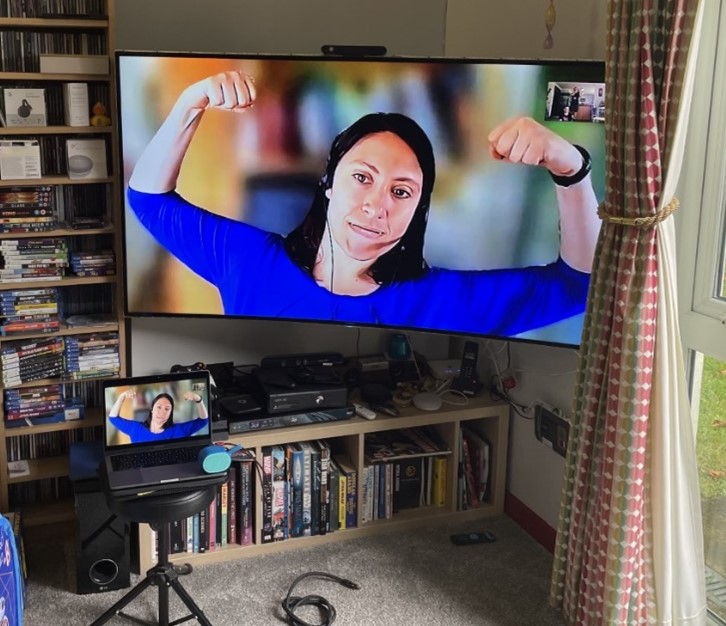In our new blog series looking at researching assistive technology, Geena Vabulas (a popular contributor to Assistive Technology Network events) explains why she’s focused on working in a user-centred way to ensure everyone can harness the power of speech recognition. Interested in being a participant in this important project? Find details at the end of […]

